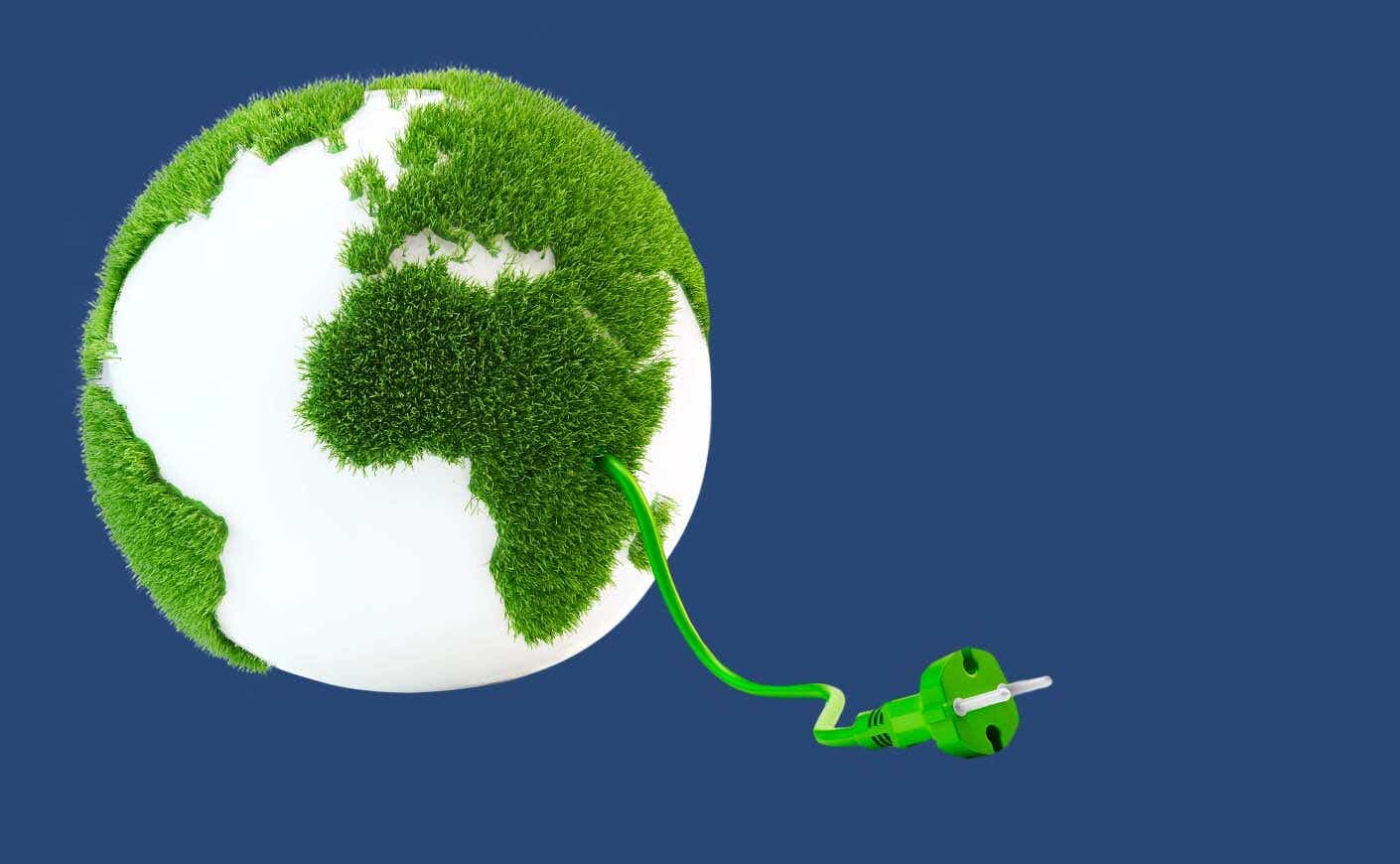Not nearly enough is being done to prevent dramatic consequences of climate change, per a new U.N. report that was released Monday. But there’s a silver lining: Clean energy has become more affordable than ever, offering us a way to drastically cut our carbon emissions. Here’s some of the key takeaways from this major study.
What is the report?
Roughly every seven years, the Intergovernmental Panel on Climate Change (IPCC) — a committee of researchers convened by the U.N. — publishes a report on the state of climate change. This time, they split their findings into three papers. The first, about what’s causing climate change, was released last August. The second paper, about how global warming is impacting our planet, was published in February, and the third, about what’s being done to fight climate change and what our next steps should be, came out this week.
What are the main findings?
The world is not on track to meet the goal of limiting global warming to 2.7 degrees Fahrenheit (1.5 degrees Celsius). Warming beyond that level would trigger more intense heat waves, storms, and other devastating natural disasters, scientists say. The report calls for cutting carbon emissions even more — and quickly — by substantially reducing our use of fossil fuels and generating the majority of our energy through renewable sources by 2050.
The promise of clean energy
Since 2010, the cost of solar energy and batteries have plummeted by 85 percent, meaning it’s now more expensive to maintain highly polluting energy systems than it would be to switch to renewables, the report found. Plus, owning an electric car is now cheaper than owning a traditional vehicle, if you account for maintenance and fuel.
Sadly, “although we have all the tools we need,” we’re not deploying them at the scale needed to significantly cut carbon emissions, Stephanie Roe, a lead author of the study told NPR.
Can carbon removal help?
The report concluded that we need to begin removing carbon dioxide from the atmosphere. Planting more trees and restoring wetlands is the easiest way to do this. New technology, like methods that suck emissions directly from the air, still has a long way to go before it can serve as a meaningful tool to cool the planet, the report found.
But researchers say we shouldn’t abandon developing new methods. “We cannot ignore how much technology can help,” Joni Jupesta, another author of the report, told the New York Times.
Can individual actions really make a difference?
Changing how we live and work can have a profound impact. Recycling more, eating less red meat, and shifting more professionals to remote work can go a long way, the U.N. report found. Pushing local governments to develop better public transit, make cities more walkable, and create more energy-efficient buildings are other ways to make a difference.
“There is a really amazing role that we can play, not just as consumers, but also as professionals,” Roe says. “And it’s not about individual actions necessarily. It’s about individual actions that make cascading impacts across society.”









